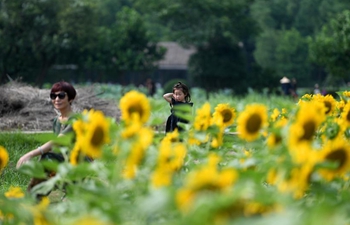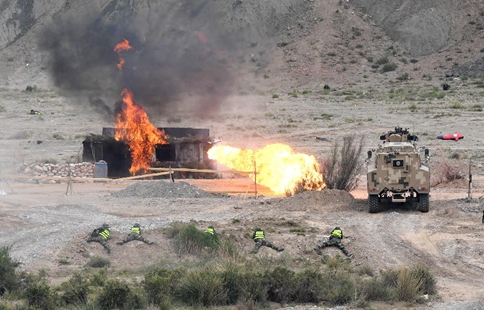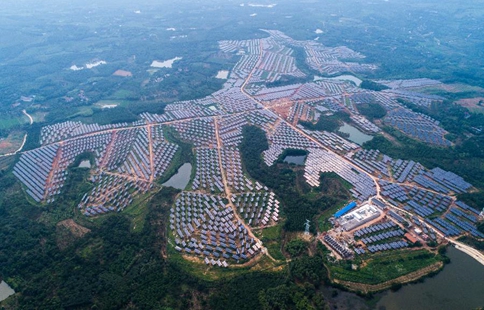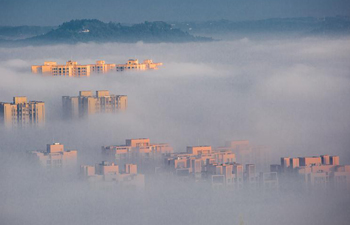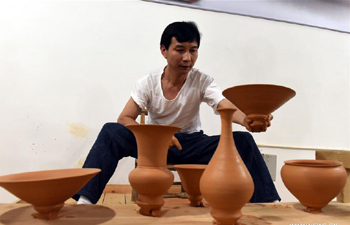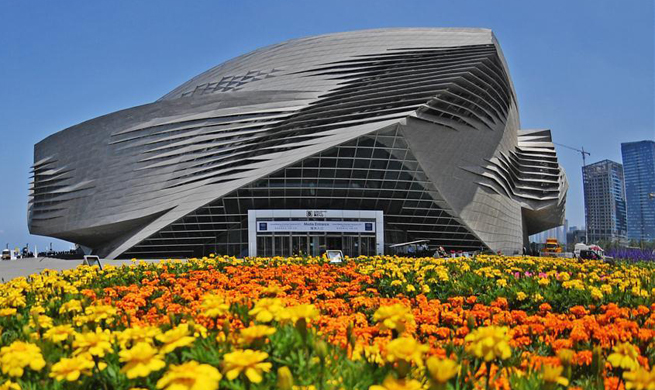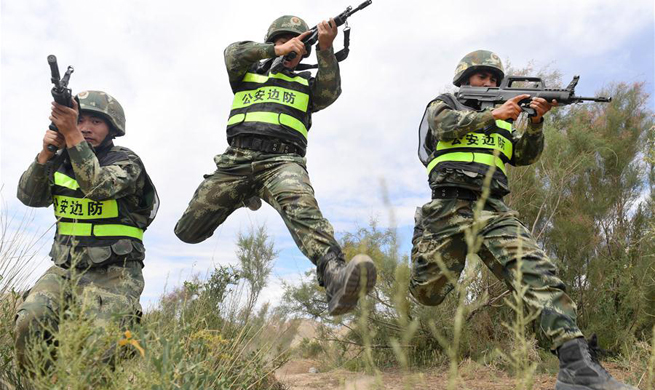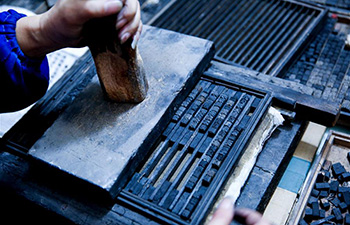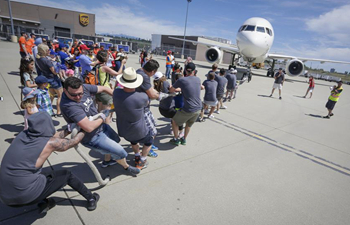URUMQI, June 28 (Xinhua) -- Abusatar Hashgar, a Kyrgyz farmer living on the China-Tajikistan border, is ready for the busiest time of his year.
His village, Subaxe in Akto county of northwest China's Xinjiang Uygur Autonomous Region, is just one ridge away from Mount Muztagata, a 7,546-meter peak on the Pamir Plateau.
"We call Muztagata the father of the ice mountains," said Abusatar, 27, who is a self-trained guide and porter for mountaineers.
There are 500 Kyrgyz families living in Subaxe, and its strongest men are all working as guides.
Mountain climbing became popular near Mount Muztagata in the 1980s, said Abusatar. He received training from older herdsmen who worked as guides for domestic and overseas mountain climbers.
"I have seen British, American, Italian, Japanese and Russian climbers here," he said.
There is only one climbing season a year, from the end of June to the beginning of August. At that time, around 30 teams of mountaineers visit Muztagata, which is one of the most popular peaks over 7,000 meters.
The mountain has three camps, and one expedition takes over 20 days, said Abusatar.
A guide makes as much as 50,000 yuan (about 7,350 U.S. dollars) a season, which is far more than any herdsman makes. They have an annual income of a mere 7,000 yuan (about 1,000 U.S. dollars).
Guides like Abusatar do not have expensive outfits like professional mountaineers do. The young man's boots cost only 200 yuan.
Abusatar makes no special preparations until he is approached by climbers.
"I grew up in the mountains and have been a guide since I was 14. I think I have a natural ability for the high mountains and dangerous environment," he said.
In July of 2013, he was asked to rescue a climber who was unconscious at camp No.3.
"I wrapped him in a mat, put him in a sleeping bag, tied him to a sledge and was preparing to drag him back when a snow storm came down upon us. We managed to hold on for about an hour before his teammates arrived. We were lucky to survive," he said.
There are times when Abusatar questions why climbers want to risk their lives. In 2015, one climber fell into a crevasse glaciers. Over a dozen guides and climbers use all their strength and skill, but failed to save him.
Abusatar thinks his whole life may be connected with mountaineers. "The mountains give us lives and pride. They are everything we live upon," he said.
In the upcoming season, Abusatar wants to raise his professional ability. "Sometimes I encounter sherpas from Nepal. They get more professional training than we do. I hope I can improve my skills by learning from them," he said.




